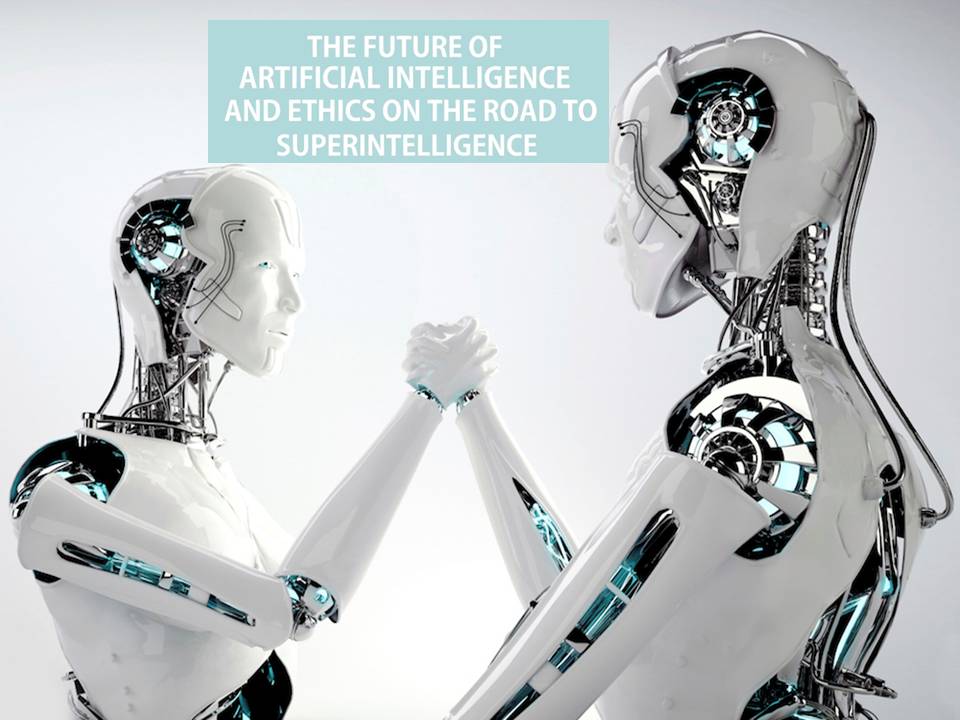The human brain, consisting of roughly 86 billion neurons, rivals the world’s best supercomputers in terms of magnitude, efficiency, and speed, using as little energy as a small 20-watt light bulb. Human evolution took tens of thousands of years to adapt noticeable brain size and architecture changes.
Evolution is a slow process that can take eons for changes to occur. Technology, on the other hand, is amazing in terms of how fast it is moving along, blending into the world seamlessly. The technological evolution notably occurs at a faster pace compared to biological evolution.
To further understand the situation, imagine a frog in a pot of water that heats up 1/10th of a degree Celsius every ten seconds. Even if the frog remained in that water for, say an hour, it would be unable to feel the minute changes in temperature. However, if the frog is dropped into boiling water, the change is too sudden and the frog jumps away to avoid fate.
The development of technology over time
In the year 1959, a year of global transistor output of 60 million transistors was considered extraordinary. It was deemed a manufacturing achievement to produce such a significant amount. Although looking at the world today, it pales in comparison to how far the transistor development has come.
A modern i7 Skylake processor contains around 1,750,000,000 transistors. It would take 29 years of 1959’s transistor global production to match one i7 Skylake transistor count.
The transistor manufacturing size in an i7 Skylake processor is 14 nm. For reference, a silicon atom is about 0.1176 nm across: 14/0.1176=119 Meaning, a transistor in an i7 Skylake processor is only about 119 atoms across.
Technology builds upon technology
Technology helps build better technology. We can see that in the past, civilization was limited to the usage of paper and writing. Calculations done by hand tend to be slow and tedious.
More advanced technology gives us the better means of designing even more sophisticated technology. Modern computers have more processing power to model out deeper concepts and ideas which, in return, help towards building even more sophisticated computers, leading to a loop of technological progress. See, civilization started at a point where little progress is seen over a long time. After centuries of innovation, there will come a time where progress is noticeable by the second.
As storage, computing power and computer architecture, in general, improve over time, the interconnectivity of man goes up as well, leading to the beginnings of the Internet, the phase where humanity can globally upload, store and share information.
As time passes, we also tend to outdo ourselves. From Deep Blue which beat world chess champion Garry Kasparov in the year 1997 to computers that you can hold in your hands, computing was used not only to perform tasks that require extensive manpower but also to surpass it. For example, the modern smartphone, compared to the ENIAC, provides more computing power and is thousands of times smaller.
The human brain vs the future
There is nothing magical about the human brain, it is an extremely sophisticated biological machine (so to say) that is capable of adapting to environment, capable of creativity, awareness, analyzation, and much more. Compared to cognitively inferior animals like the chimpanzee that only has 7 billion neurons, we exist in a domain different from them, existing within their type in world.
Therefore, theoretically speaking, superintelligence lies on a domain above us. We are what defines the world and are the ones who make sense of it, yet we are destined to bring forth something that can quantify the world better than us, technology.
This is us, standing on the intelligence staircase. Below stands a house cat. For us to ponder one or two stairs up is equivalent to a house cat trying to comprehend what it is like to be on our level. The type of world we choose to create is one that a house cat couldn’t even begin to comprehend.
http://www.whyfuture.com/

